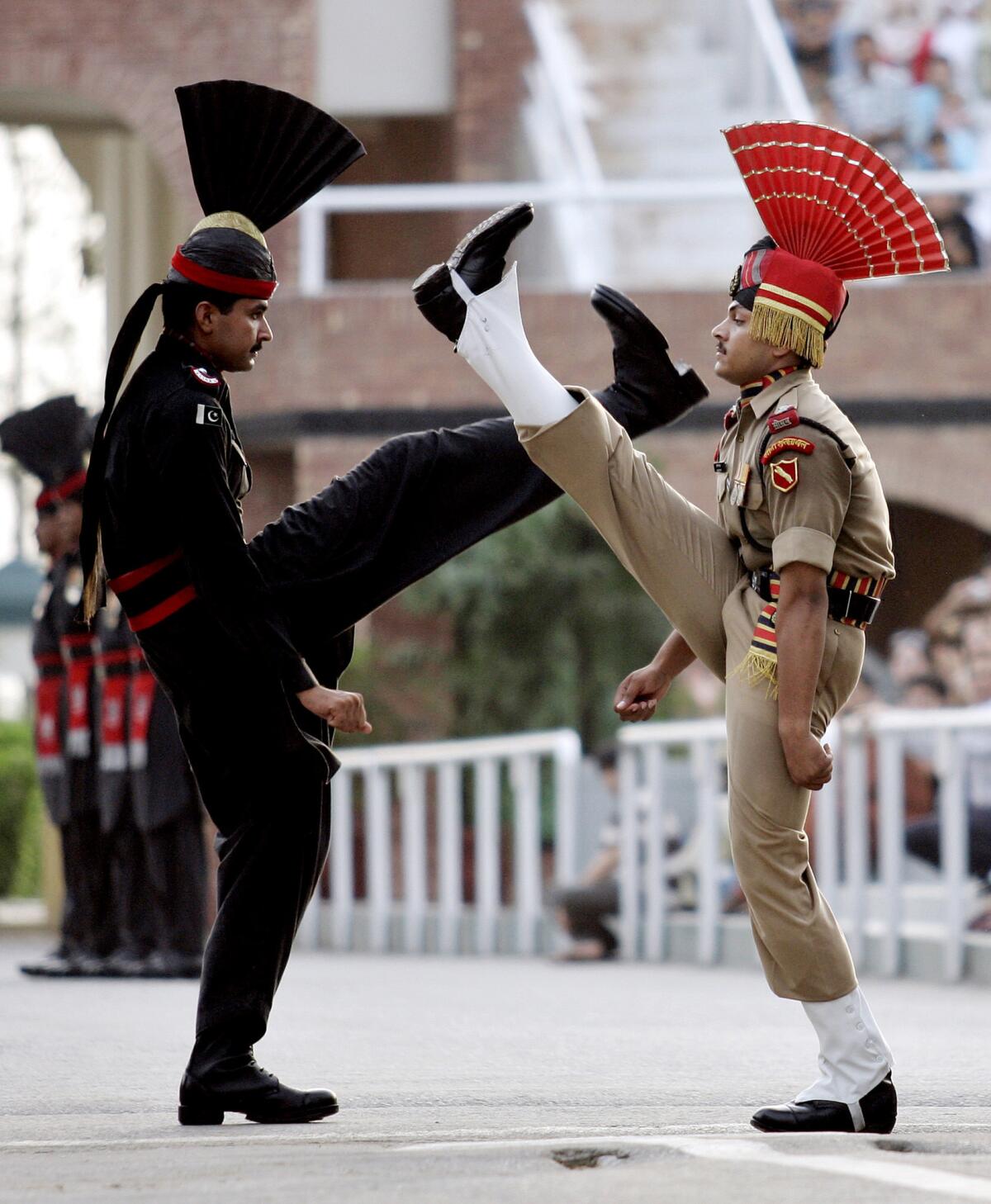Pakistan and India have reportedly agreed to pull back troops to peacetime positions by May 30, 2025.
In a significant development aimed at easing military tensions, Pakistan and India have reportedly reached an agreement to withdraw troops from forward positions along their shared border to peacetime deployments by May 30, 2025. The decision, confirmed by senior officials on both sides, follows weeks of heightened hostilities that raised global concerns over a potential escalation between the nuclear-armed neighbors.
Terms of the Agreement
Under the phased plan, military leadership from both countries—particularly the Directors General of Military Operations (DGMOs)—are coordinating the repositioning of forces along the Line of Control (LoC) and international border. The move builds on a ceasefire brokered by U.S. diplomatic efforts on May 10, which temporarily halted four days of intense artillery exchanges and drone strikes. A senior Pakistani security official described the pullback as a “continuation of confidence building measures,” emphasizing that additional troops and equipment deployed during the conflict will return to their pre-crisis bases.
While neither government has issued an official statement, sources indicate the agreement includes provisions for maintaining communication channels to address future disputes. The withdrawal process, initially slated for completion within 10 days, faced minor delays due to logistical challenges but remains on track for the May 30 deadline.
Context of Rising Tensions
The recent crisis erupted after a April 22 terrorist attack in Pahalgam, Indian-administered Kashmir, killed 26 civilians. India accused Pakistan-based militant groups of orchestrating the assault, prompting retaliatory airstrikes on alleged “terrorist infrastructure” across the border. Pakistan denied involvement but responded with its own military actions, including drone interceptions and airspace closures. The exchange marked one of the most severe escalations since both nations conducted nuclear tests in 1998.
Diplomatic relations further deteriorated as India suspended the Indus Waters Treaty—a 1960 pact governing shared river resources—and revoked visa exemptions for Pakistani nationals. Pakistan retaliated by halting bilateral trade and threatening to treat any disruption of river flows as an act of war.
Challenges to De-escalation
Despite the troop withdrawal agreement, underlying tensions persist. Hours after the May 10 ceasefire, India accused Pakistan of violating the truce with artillery fire in Jammu and Kashmir, while Pakistan blamed India for initiating the clashes. Such incidents underscore the fragility of the détente, compounded by longstanding territorial disputes over Kashmir and competing security narratives.
International observers have welcomed the de-escalation but caution that unresolved issues could reignite conflict. U.S. President Donald Trump acknowledged the role of American diplomacy in securing the ceasefire, while European and British officials urged sustained adherence to the agreement.
Historical Precedents and Regional Implications
This is not the first time the two nations have attempted to dial back military postures after a crisis. In 2020, India and China negotiated a phased disengagement following a deadly border clash, though that process faced setbacks due to disagreements over territorial claims. Similarly, the current India-Pakistan agreement avoids addressing core disputes, such as Kashmir’s political status or cross-border militancy, focusing instead on immediate military de-escalation.
The troop pullback coincides with Pakistan’s broader efforts to stabilize its economy and India’s strategic focus on countering Chinese influence in Asia. However, analysts note that without meaningful dialogue on Kashmir and terrorism, the risk of future clashes remains high.
Path Ahead
As the May 30 deadline approaches, both nations face domestic pressure to demonstrate diplomatic resolve. India’s Home Minister Amit Shah has vowed to “neutralize all terrorists,” while Pakistan’s leadership continues to frame the Kashmir dispute as a humanitarian issue. The international community, particularly the U.S. and U.N., has emphasized the need for sustained dialogue to address root causes of the conflict.
While the agreement marks a tactical retreat from the brink of war, it leaves unresolved the systemic grievances that have fueled seven decades of hostility. For now, the focus shifts to whether military disengagement can pave the way for political negotiations—or merely postpone the next crisis.

Comments
Post a Comment